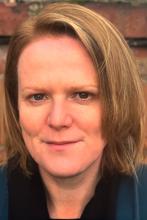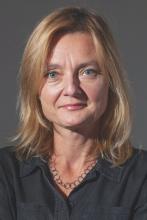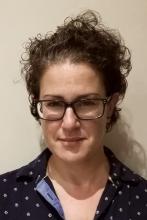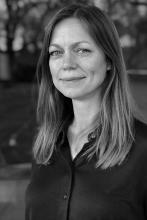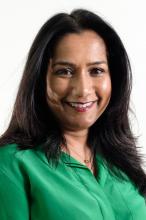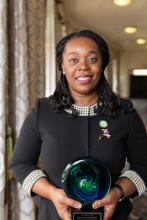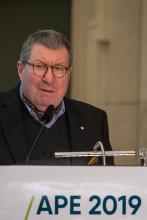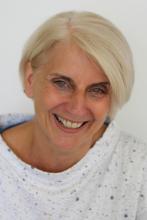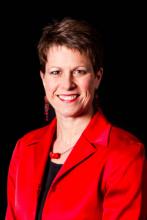Interviews
In time for International Women's Day Caroline Birkle, vice president of research operations at Clarivate Analytics, spoke to us about flagship brands, research data services and metrics
Adrian Stanley reflects on his time in the industry and as president of the Society for Scholarly Publishing
As Nature celebrates its 150th birthday, Magdalena Skipper reflects on her career and her work as editor-in-chief
Catt Thompson-Baum, conservation manager for Wiley Digital Archives, gives an inside view of the world of archive collections – from mummified rats to medieval parchments
Alice Duijser, managing director EMEA & APAC at VitalSource, talks digital-first, data analytics and the future of scholarly communications
Wayne Sime discusses his hopes for the future of the Association of Learned and Professional Society Publishers
Nandita Quaderi – editor-in-chief of the Web of Science – champions objectivity, selectivity, and data integrity
Paediatrician Uduak Okomo was recently honoured as a developing-country researcher in biological sciences
'Flying Dutchman’ Arnoud de Kemp, who turns 75 this year, reflects on a distinguished career in publishing
Alison Shaw, chief executive at Bristol University Press, talks about her early career and her hopes for the future
Danny Kingsley, deputy director at Cambridge University Library, looks back at her early days at Australian National University – and forward to the many challenges facing librarians
SpringerNature’s new CEO Daniel Ropers was keynote speaker at the STM Frankfurt event this month. Here, he outlines his early thoughts as a ‘newbie’ to scholarly communications


